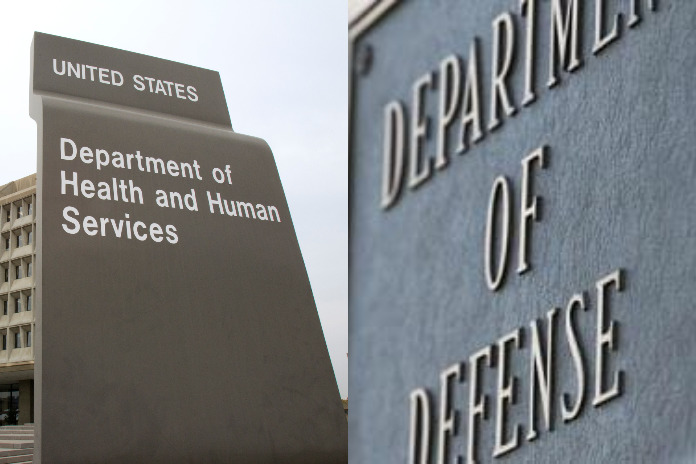WASHINGTON, USA – The US Department of the Health and Human Services (HHS) and the Department of Defense (DOD) jointly announced an agreement with Merck to support advanced development and large-scale manufacturing of the their investigational therapeutic MK-7110 to treat hospitalized patients with severe or critical COVID-19.
The investigational therapeutic is a promising first-in-class fusion protein and immune modulator. Immune modulators have the potential to minimize the damaging effects of an overactive immune response to COVID-19. This overactive response can contribute to the severity of the illness.
“Our agreement with Merck is the latest example of how industry and government are coming together under Operation Warp Speed to move potential therapeutics all the way from development through to manufacturing, enabling faster distribution,” said HHS Secretary Alex Azar. “More good news about COVID-19 therapeutics is constantly emerging, and President Trump’s commitment to supporting lifesaving therapeutics has already helped deliver hundreds of thousands of Operation Warp Speed-supported therapeutics to the frontlines.”
The Biomedical Advanced Research and Development Authority (BARDA), part of the HHS Office of the assistant secretary for preparedness and response, collaborated with the DOD Joint Program Executive Office for Chemical, Biological, Radiological and Nuclear Defense (JPEO-CBRND) and Army Contracting Command (ACC-APG), to provide approximately $356 million to Merck. This funding allows for development of MK-7110, including completing activities required to request Emergency Use Authorization (EUA) from the US Food and Drug Administration (FDA), and for delivery of up to 100,000 doses of MK-7110 by June 30, 2021.
With this approach, doses will be packaged and ready to ship in the first half of 2021, in the event FDA determines MK-7110 meets the statutory criteria for issuance of an EUA. The federal government would allocate these doses to treat severe and critical COVID-19 patients using the same approach that has been used successfully to allocate supplies of other COVID-19 therapeutic treatments. The doses will be made available to the American public at no cost. However, there may be costs associated with hospitalization.
Interim analysis of a Phase 3 clinical trial in September 2020 indicated that patients who received a single dose of the therapeutic had a 60 percent greater chance of clinical recovery than those who received a placebo. Preliminary analysis also showed that the treatment potentially reduces the risk of respiratory failure or death by 50 percent compared to the standard of care. The study is still ongoing.





